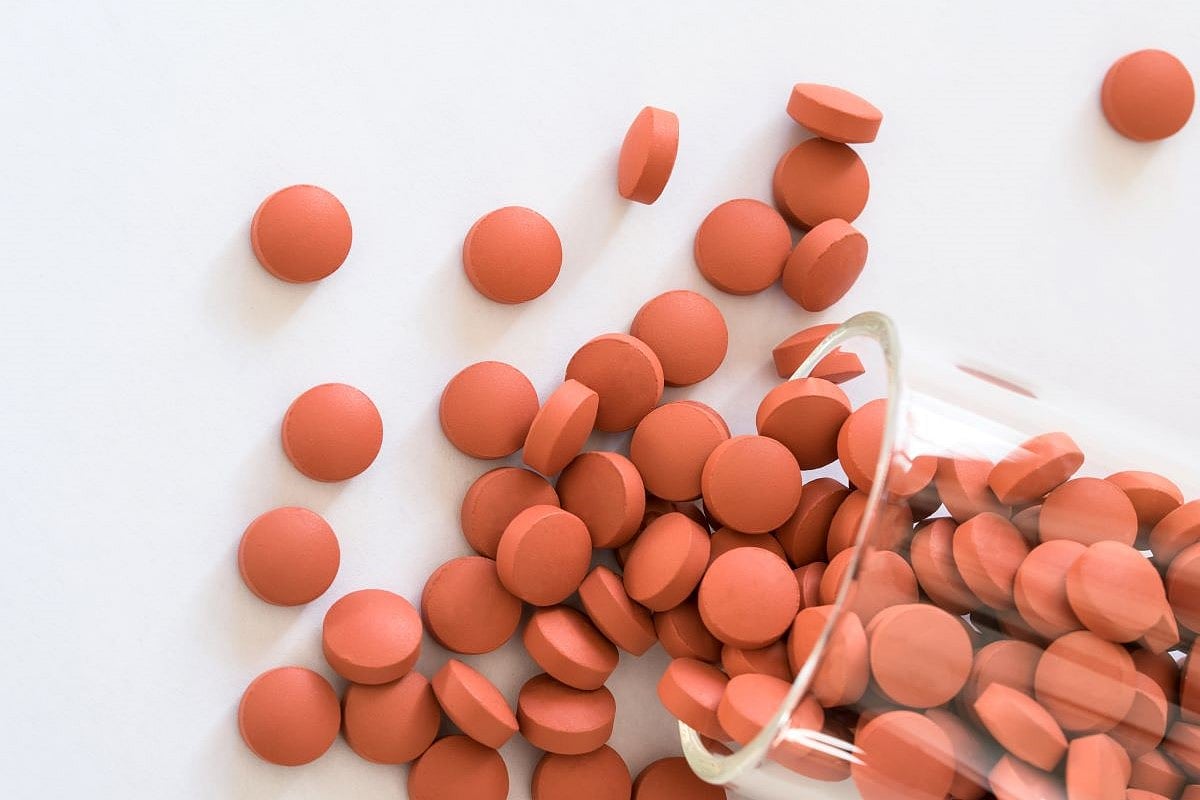Loss of Therapeutic Benefit Seen After Stopping Baricitinib in Type 1 Diabetes
MONDAY, Sept. 29, 2025 -- Two-year follow-up shows a loss of therapeutic benefit when baricitinib treatment is stopped in type 1 diabetes (T1D), according to a study presented at the annual meeting of the European Association for the Study of Diabetes, held from Sept. 15 to 19 in Vienna.
Michaela Waibel, Ph.D., from St. Vincent's Institute of Medical Research in Fitzroy, Australia, and colleagues presented findings from secondary and tertiary end points in the BANDIT trial, which demonstrated that 48 weeks of baricitinib treatment preserved residual beta-cell function in T1D. Ninety-one participants aged 10 to 30 years within 100 days of T1D diagnosis were assigned to baricitinib 4 mg/day or matching placebo orally for 48 weeks; follow-up visits occurred at weeks 72 and 96.
The researchers found that the C-peptide level was 0.65 and 0.43, respectively, in the baricitinib and placebo groups at 48 weeks. C-peptide levels decreased after cessation of treatment to 0.49 and 0.36, respectively, in the baricitinib and placebo groups at 72 weeks and to 0.37 and 0.26, respectively, at 96 weeks. The decrease in C-peptide in the baricitinib group during the off-drug follow-up was associated with increased insulin requirements to maintain hemoglobin A1c. Loss of treatment effect was also reflected in deterioration of continuous glucose monitoring measures. The differences in time in range, time above range, and glucose variability that were seen in the first 48 weeks were no longer statistically significant at 72 and 96 weeks.
"Among the promising agents shown to preserve beta cell function in T1D, baricitinib stands out because it can be taken orally, is well tolerated, including by young children, and is clearly efficacious," Waibel said in a statement. "These latest data support our previous clinical trial data by showing that the therapeutic effect is lost when baricitinib is stopped and justify further trials to determine if treatment benefit can be sustained over many years on treatment."
Disclaimer: Statistical data in medical articles provide general trends and do not pertain to individuals. Individual factors can vary greatly. Always seek personalized medical advice for individual healthcare decisions.
© 2025 HealthDay. All rights reserved.
Read this next
Higher Tattoo Exposure Linked to Reduced Melanoma Risk
MONDAY, Sept. 29, 2025 -- Higher tattoo exposure may be associated with reduced melanoma risk, according to a study published online Aug. 21 in the Journal of the National Cancer...
Antithymocyte Globulin Cuts Loss of β-Cell Function in Type 1 Diabetes
MONDAY, Sept. 29, 2025 -- Antithymocyte globulin (ATG) 2.5 and 0.5 mg/kg reduces loss of β-cell function in young people with recent-onset type 1 diabetes, according to a...
AAP: TikTok 'Benadryl Challenge' Fueling Rise in Diphenhydramine-Related Adverse Events
MONDAY, Sept. 29, 2025 -- Monthly reports of diphenhydramine-related adverse events were more common after April 2020, coinciding with introduction of the TikTok 'Benadryl...
More news resources
- FDA Medwatch Drug Alerts
- Daily MedNews
- News for Health Professionals
- New Drug Approvals
- New Drug Applications
- Drug Shortages
- Clinical Trial Results
- Generic Drug Approvals
Subscribe to our newsletter
Whatever your topic of interest, subscribe to our newsletters to get the best of Drugs.com in your inbox.


